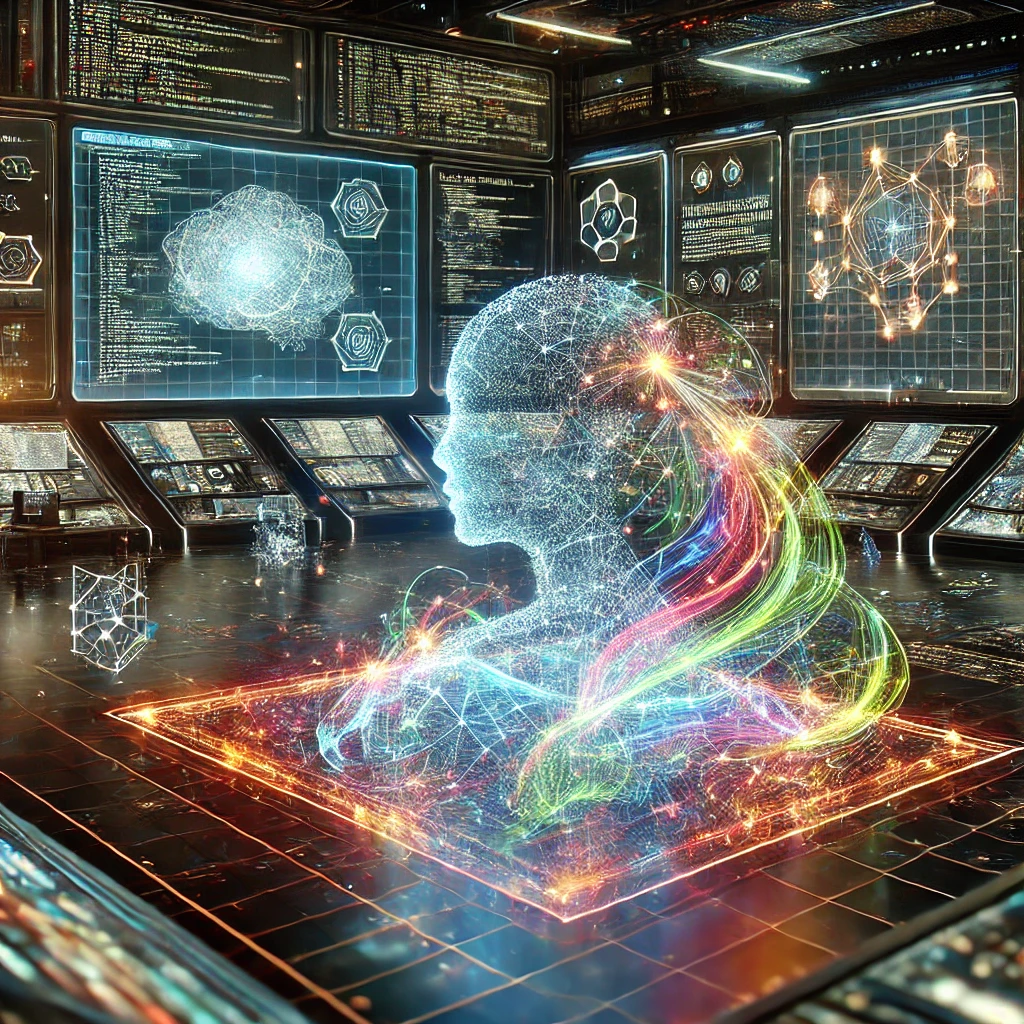
In the rapidly evolving technology landscape, staying ahead requires not just incremental improvements but transformative leaps. As organizations strive to modernize legacy systems and migrate to more efficient and scalable architectures, the advent of Generative AI (GenAI) is poised to redefine the process.
Over the past several weeks, our discussions have centered on how this cutting-edge technology will reshape our industry and how to harness this power within our business, service offerings, and as part of MLP. Here are six ways we see GenAI unlocking new possibilities for accelerating code migration, enhancing compatibility, and ensuring smoother transitions to modern frameworks.
Enhanced analytics and pattern recognition:
GenAI offers significant benefits for code migration by speeding up the understanding and analysis of legacy systems. It excels at recognizing patterns in code, which are essential for identifying and translating complex structures and dependencies.
Efficiency in code migration:
AI tools can handle time-consuming and repetitive tasks more effectively than humans, especially those requiring detailed pattern recognition. This includes activities like identifying UI patterns and dependencies in code, which traditionally required significant manual effort.
Evolution of migration processes:
The traditional approach of manually creating and maintaining migration libraries and tools is becoming obsolete. AI can automate and streamline these processes, reducing the need for specialized knowledge and extensive manual coding.
Impact on the industry:
GenAI’s rapid improvements and capabilities are poised to change how companies approach code migration. While current migration methods involve custom tools and manual processes, AI can provide more dynamic, on-demand solutions. This shift might lead to significant changes in business models and competitive dynamics in the industry.
Future directions:
Companies that adapt to AI-driven methods will have a competitive advantage. GenAI allows for more sophisticated transformation beyond mere code translation, supporting modern architectures like microservices and micro frontends. The emphasis will shift from simply rewriting code to transforming entire systems to meet contemporary standards and user experiences.
Strategic investment:
As AI capabilities advance, companies are expected to invest more strategically in modernization efforts. AI-driven solutions promise not only cost savings but also the creation of innovative, competitive technology that provides significant business value.
Our discussions highlight that while GenAI will democratize many aspects of code migration, the key to success will be leveraging AI to enhance the complexity and quality of transformations rather than just focusing on code translation.
Contact us if you’re curious about how GenAI can help you modernize your legacy application. We’re happy to discuss your particular needs and help you determine how best to get started.
